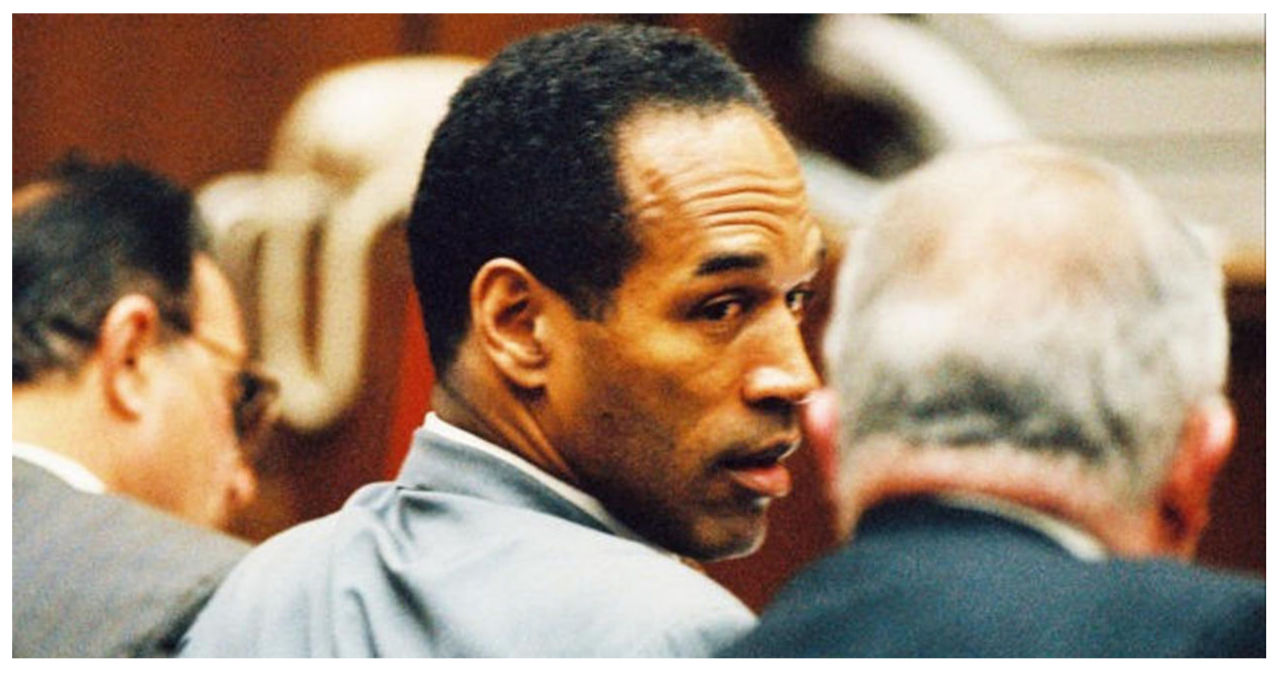O.J. Simpson, the infamous figure in the Los Angeles case, passed away on Thursday without fulfilling the majority of the $33.5 million judgment that a California civil jury had awarded to the families of his ex-wife, Nicole Brown Simpson, and her friend, Ron Goldman.
Simpson was acquitted in a criminal trial, but jurors found him liable in a 1997 wrongful death lawsuit.
The public can now expect a more detailed insight into Simpson’s financial situation, and the families have a higher chance of receiving compensation – assuming there are assets available to claim.
According to David Cook, an attorney who has been working on collecting the civil judgment for Goldman’s family since 2008, Simpson passed away without facing any consequences for his actions. The whereabouts of his assets and who is currently in control of them remain unknown. Despite this setback, Cook is determined to continue pursuing justice for the Goldman family.
How the next few months may play out
Simpson’s assets will likely have to go through the probate process in court, regardless of whether or not he left behind a will and regardless of its contents. This means that his four children or other intended heirs will have to wait until the probate process is complete before they can collect any of the assets.
Different states have their own unique probate laws. Typically, the probate case is initiated in the state where the deceased person resided at the time of their death. In the case of Simpson, this would be Nevada. However, if substantial assets are located in California or Florida, where he also had residences at different points in time, it is possible for separate probate cases to arise in those states as well.
Once the case reaches the court, creditors claiming owed money can then pursue a portion of the assets. The Goldman and Brown families will stand on equal ground with other creditors, and they may even have a stronger claim.
Creditors who possess a judgment lien, such as the plaintiffs in the wrongful death case, are considered to have secured debt according to California law. As a result, they hold a higher priority over creditors with unsecured debt. Consequently, these creditors now have a stronger chance of being reimbursed compared to their position prior to the defendant’s demise.
Experts weigh in
Arash Sadat, a Los Angeles attorney who specializes in property disputes, believes it is “100%” beneficial for the claimant if the debtor is deceased and their money is in probate.
He stated that his firm had a jury trial, and its clients received a $9 million verdict award, which the debtor appealed and postponed indefinitely.
“He did everything he could to avoid paying this debt,” he stated. “He died about three or four years later.” Within weeks, the estate issued a check for $12 million. That’s the $9 million plus interest that had accumulated over this time.
The executor or administrator of the estate has far greater incentive to pay off debts than the surviving person does. “That’s why you see things like that happening,” he remarked.
However, this does not guarantee payment.
“I believe it will be quite difficult for them to collect,” attorney Christopher Melcher said. “We don’t know what O.J. has been able to earn over the years.”
Sadat and Melcher aren’t involved in the Simpson estate or the legal action.
Contents of Simpson’s estate
Simpson said he lived solely on his NFL and private pensions. The jury award resulted in the seizure of hundreds of costly possessions, forcing Simpson to auction his Heisman Trophy for $230,000.
Goldman’s father, Fred Goldman, the principal plaintiff, has always stated that the problem was never about money but rather about holding Simpson accountable. With Simpson’s death, he declared in a statement on Thursday that “the hope for true accountability has ended.”
A person can use trusts formed during their lifetime and other means to ensure that their selected heirs receive their assets upon death. If such a trust is unbreakable, it can be particularly powerful.
However, transfers of assets to others in order to escape creditors might be considered fraudulent, and claimants such as the Goldman and Brown families can launch separate legal actions to challenge those assets.

